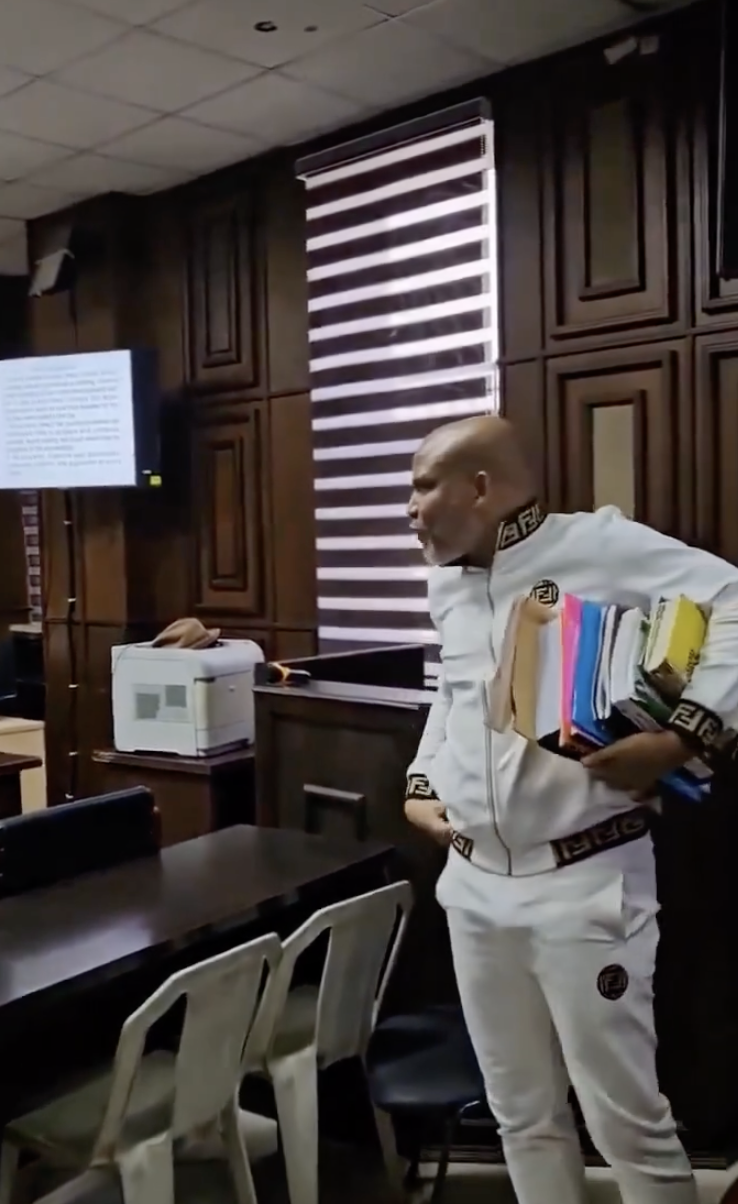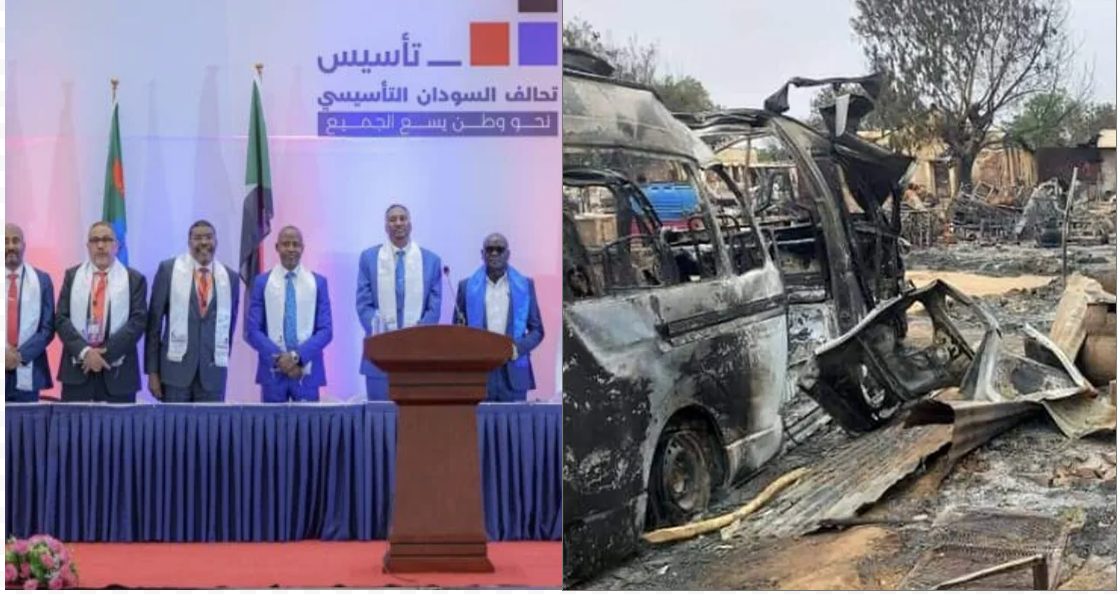
Nnamdi Kanu’s Trial Raises Tensions in Nigeria
Nnamdi Kanu’s Trial Raises Tensions in Nigeria
Executive Summary:
- Nnamdi Kanu, leader of the Indigenous People of Biafra (IPOB), has been deemed medically fit to stand trial on terrorism charges in Nigeria, raising concerns about renewed separatist agitation in the country’s southeast.
- Despite IPOB threats, current indicators suggest tensions will remain contained, as most regional and national actors—including prominent figures in the contested region—are urging nonviolence and Kanu’s humanitarian release.
On October 15, a Nigerian Medical Association (NMA) panel ruled that the 58-year-old Indigenous People of Biafra (IPOB) leader Nnamdi Kanu was medically fit to stand trial despite suffering from various health conditions. He will face terrorism charges for broadcasting threats and inciting violence to achieve the secession of Biafra from Nigeria (Vanguard [Nigeria], October 16).
Following the NMA ruling, Kanu’s legal team chose not to submit their defense to the court. As of November 5, Kanu’s lawyers has been given only one more day to serve the court with their client’s defense—otherwise they will have “foreclosed” the case, leaving Kanu without a proper legal defense at his trial (YouTube/Channels Television, November 5)
IPOB, which Kanu founded in 2012, has warned of “unimaginable consequences” and the “end of Nigeria” should Kanu be punished or imprisoned. However, cooler heads in southeastern Nigeria, including former presidential spokesman Denge Josef Onoh, have called for IPOB to refrain from violence and de-escalate tensions. Onoh, like other activists, has requested the Nigerian government to release Kanu on humanitarian grounds and to further quell tensions (The Guardian [Nigeria], September 25).
Kanu was arrested in Kenya in 2021 and extradited to Nigeria on charges of treason (Premium Times [Nigeria], July 15, 2021). According to Kanu, the Kenyan authorities were initially unaware of his record and assumed he was linked to al-Shabaab across the border in Somalia—only realizing later he was the leader of IPOB. During his time in detention in Kenya, Kanu was tortured.
Although IPOB has carried out few attacks, the group still maintains some lethal capabilities. IPOB supporters shot dead two soldiers in Enugu while Kanu was detained in 2021 (Premium Times [Nigeria], July 15, 2021). The group could decide to operationalize following an unfavorable result in Kanu’s trial.
However, it does not appear that IPOB and its sympathizers are likely to react to the trial with violence. One of the most vocal rights activists in Igboland, Omoyele Sowore, is launching a series of rallies to call for Kanu’s release (Vanguard [Nigeria], October 16). Various politicians, including former Senate President Adolphus Wabara, have announced support for Sowore’s efforts, which are intended to appeal not only to the locals of southeastern Nigeria but to the Igbo diaspora abroad and, based on Sowore’s statements, to Christians “everywhere in the world.” Sowore also draws on global sympathy for Nigerian Christians, referencing recent Boko Haram factions’ massacres of Christians, which have drawn attention from around the world.
At a time when Nigerian military resources are already severely strained due to insurgency and banditry in the country’s north, Nigeria can ill afford an escalation in the southeast (see Militant Leadership Monitor, June 30). One precedent for the release of Kanu was the release in 2021 of Shia leader Ibrahim Zakzaky, who was acquitted of charges similar to Kanu’s, including “abetting homicide” after clashes between his supporters and Nigerian security forces (Al Jazeera, July 29, 2021). Since then, tensions have generally declined between the Shia community and government.
If Kanu is released from prison, the southeast is unlikely to see violence. However, agitation for Biafran independence remains a movement with goals difficult for the Nigerian government to restrain peacefully. [1]
[1] Nigeria fought a bloody civil war between 1967 and 1970 over Biafran independence, with the secessionist movement defeated and an estimated 500,000 to 2 million casualties, largely from famine. While there has been no large confrontation between Biafran secessionists and the Nigerian military since then, the cause is still championed by a small number of activists and groups, like IPOB.


